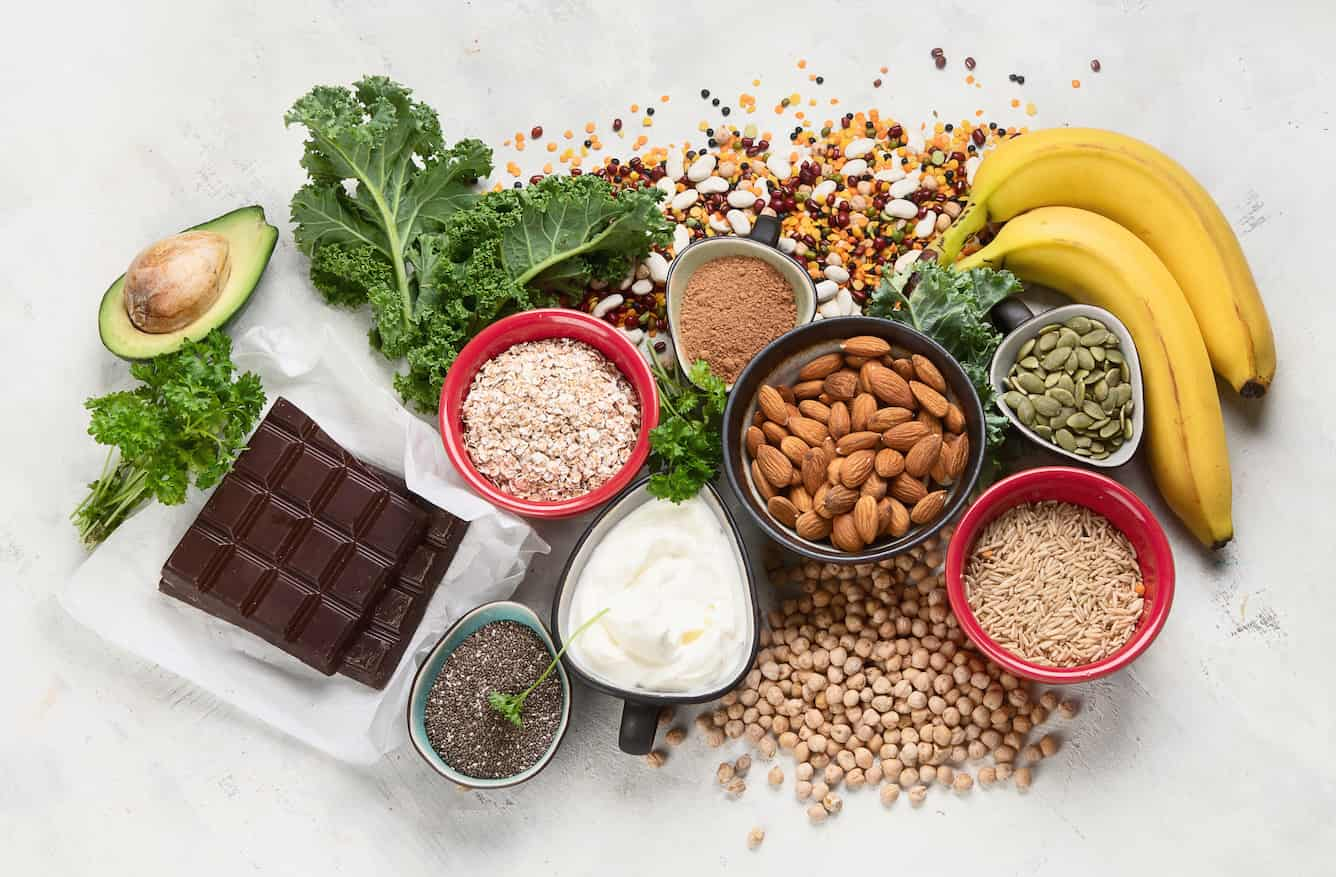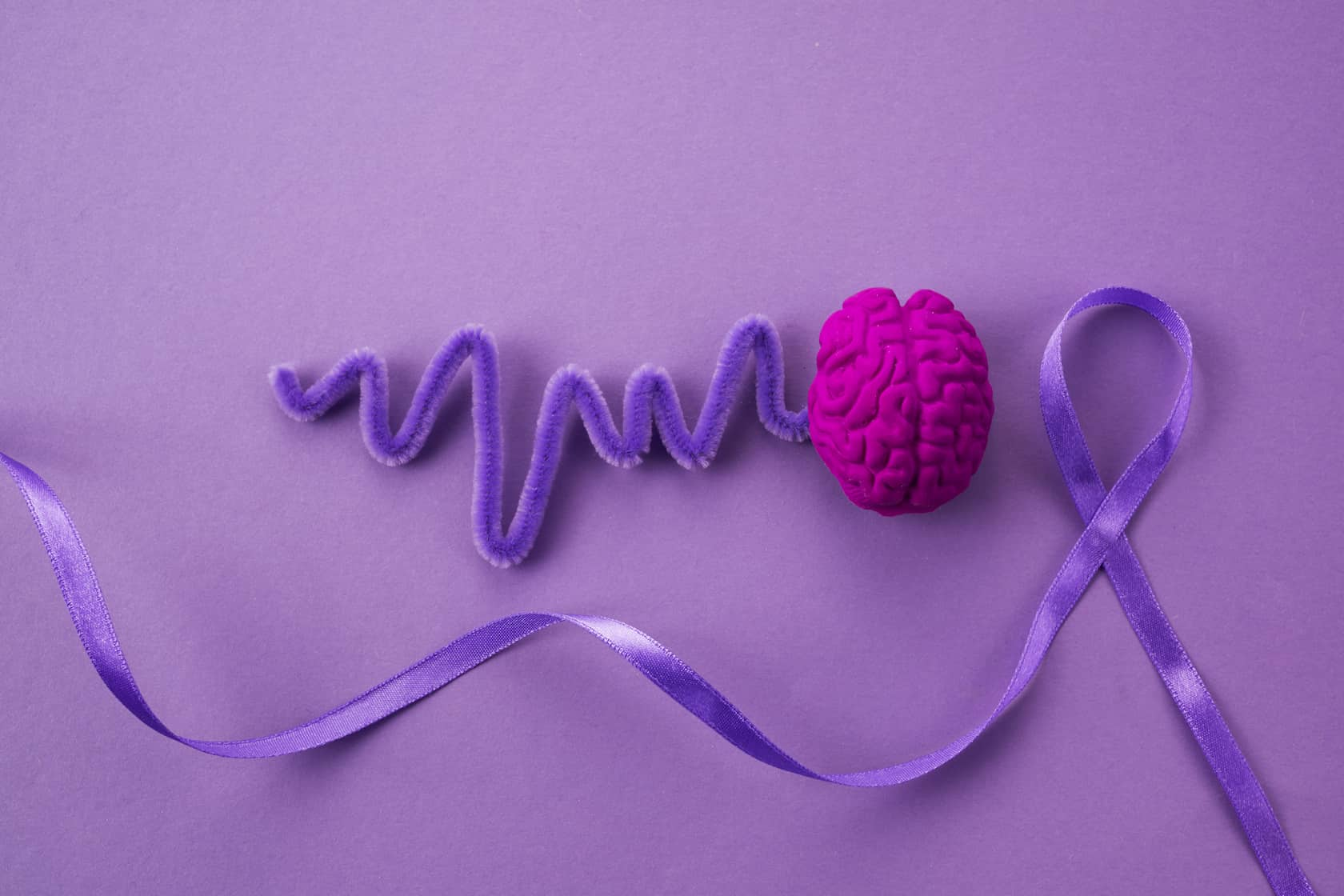
Foods to Stop Headache or Migraine Attack
Headaches and migraines are common afflictions that can disrupt our daily lives. They can range from mild discomfort to debilitating pain, and finding relief can be a challenge. While medication can help, many people prefer to try natural remedies first. Fortunately, several foods can help alleviate headaches and migraines. In this article, we’ll look at 12 foods that may help get rid of a headache or migraine attack.
1. Ginger
Ginger has been used for centuries as a natural remedy for headaches and migraines. It contains compounds that have anti-inflammatory properties, which can help reduce the inflammation that can cause headaches. Ginger also has analgesic properties, which means it can help relieve pain. To use ginger as a headache remedy, you can try drinking ginger tea, chewing on a piece of fresh ginger, or taking a ginger supplement.

2. Magnesium-Rich Foods
Magnesium is an important mineral that can help prevent headaches and migraines. Studies have shown that people who suffer from migraines often have lower levels of magnesium in their bodies. Foods that are high in magnesium include leafy greens, nuts, seeds, beans, and whole grains. If you suffer from chronic headaches or migraines, you may want to consider adding more magnesium-rich foods to your diet or taking a magnesium supplement.
3. Water
Dehydration can be a common trigger for headaches and migraines, so it’s important to stay hydrated throughout the day. Drinking enough water can also help flush out toxins from your body, which can contribute to headaches. Aim to drink at least 8 glasses of water per day, and more if you’re physically active or in hot weather.
4. Dark Chocolate
Dark chocolate contains compounds that can help reduce inflammation and improve blood flow, which can help alleviate headaches. It also contains magnesium, which we know is important for preventing migraines. However, it’s important to choose dark chocolate with a high cocoa content (at least 70%) to get these benefits.
5. Leafy Greens
Leafy greens like spinach, kale, and Swiss chard are rich in magnesium, which can help prevent migraines. They also contain other important nutrients like vitamin C, which can help reduce inflammation. Try adding more leafy greens to your diet by tossing them into salads, smoothies, or soups.
6. Coffee
While caffeine can be a trigger for some people, for others it can actually help alleviate headaches. This is because caffeine constricts blood vessels, which can help reduce the throbbing pain of a headache. However, it’s important not to overdo it with caffeine, as too much can actually cause rebound headaches.
7. Almonds
Almonds are a good source of magnesium, which as we’ve seen is important for preventing migraines. They also contain riboflavin (vitamin B2), which has been shown to help reduce the frequency and duration of migraine attacks. Try snacking on a handful of almonds when you feel a headache coming on.
8. Bananas
Bananas are another good source of magnesium, and they also contain potassium, which can help regulate blood pressure. They’re also easy to digest, which can be helpful if you’re feeling nauseous from a headache or migraine. Try adding a sliced banana to your morning oatmeal or smoothie.
9. Salmon
Salmon is a good source of omega-3 fatty acids, which have anti-inflammatory properties that can help reduce the severity and frequency of migraines. It’s also a good source of vitamin B12, which has been shown to help reduce the frequency and severity of headaches. Try grilling or baking a salmon fillet for a healthy and delicious dinner.
10. Peppermint
Peppermint has a cooling effect that can help alleviate headaches and migraines. It contains menthol, which can help relax muscles and improve blood flow. You can try drinking peppermint tea, inhaling peppermint essential oil, or applying a peppermint balm to your temples for relief.
11. Pineapple
Pineapple contains an enzyme called bromelain, which has been shown to have anti-inflammatory properties. This can be helpful for reducing inflammation and pain associated with headaches and migraines. Pineapple is also a good source of vitamin C, which can help reduce inflammation and boost the immune system.
12. Turmeric
Turmeric is a spice that has been used for centuries as a natural remedy for headaches and migraines. It contains a compound called curcumin, which has anti-inflammatory properties that can help reduce pain and inflammation. You can try adding turmeric to your meals, drinking turmeric tea, or taking a turmeric supplement.
There are several foods that may help alleviate headaches and migraines. These include ginger, magnesium-rich foods, water, dark chocolate, leafy greens, coffee (in moderation), almonds, bananas, salmon, peppermint, pineapple, sweet potatoes, and turmeric.
While these foods can be helpful, it’s important to note that everyone is different and what works for one person may not work for another. If you suffer from chronic headaches or migraines, it’s important to talk to your healthcare provider to determine the best treatment plan for you.
The Study of Foods to Stop Headache or Migraine Attacks
A recent clinical study published in the Journal of Headache Research explored the effects of dietary magnesium supplementation on the frequency and severity of migraines. The study involved 200 participants who suffered from chronic migraines and had a history of low magnesium levels. Over a three-month period, participants were divided into two groups: one group received a daily magnesium supplement, while the other group received a placebo. The results of the study showed a significant reduction in both the frequency and severity of migraines in the group receiving magnesium supplementation compared to the placebo group. This study highlights the potential benefits of incorporating magnesium-rich foods into the diet as a natural remedy for migraine prevention.
What Foods Should You Avoid If You Have A Headache?
While certain foods may help alleviate headaches and migraines, some foods may trigger or worsen them. Here are some foods to avoid if you suffer from headaches or migraines:
Caffeine: While a small amount of caffeine can help alleviate headaches, too much caffeine can trigger headaches and migraines. This is because caffeine can constrict blood vessels in the brain, which can lead to headaches. It’s important to be mindful of your caffeine intake and to avoid consuming too much.
Processed Foods: Processed foods like chips, crackers, and fast food are often high in sodium and additives, which can trigger headaches and migraines. These foods may also contain preservatives like nitrites and nitrates, which have been shown to trigger migraines in some people. It’s best to avoid processed foods and choose whole, nutrient-dense foods instead.
Alcohol: Alcohol is a common trigger for headaches and migraines. This is because it can cause dehydration and inflammation in the body, both of which can lead to headaches. Red wine and beer are particularly problematic, as they contain compounds like histamines and sulfites that can trigger migraines. It’s best to limit your alcohol intake or avoid it altogether if you suffer from headaches or migraines.
Dairy: Dairy products like cheese and milk may trigger headaches and migraines in some people. This is because they contain a compound called tyramine, which can cause blood vessels to constrict and lead to headaches. If you suspect that dairy is triggering your headaches or migraines, try eliminating it from your diet for a few weeks to see if your symptoms improve.
Artificial Sweeteners: Artificial sweeteners like aspartame and sucralose may trigger headaches and migraines in some people. These sweeteners have been linked to changes in brain chemistry that can lead to headaches. It’s best to avoid artificial sweeteners and choose natural sweeteners like honey or maple syrup instead.
Several foods may trigger headaches and migraines, including caffeine, processed foods, alcohol, dairy, and artificial sweeteners. If you suffer from chronic headaches or migraines, it’s important to pay attention to your diet and identify any foods that may be triggering your symptoms. By avoiding these trigger foods and incorporating more nutrient-dense foods into your diet, you may be able to reduce the frequency and severity of your headaches and migraines.




